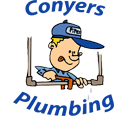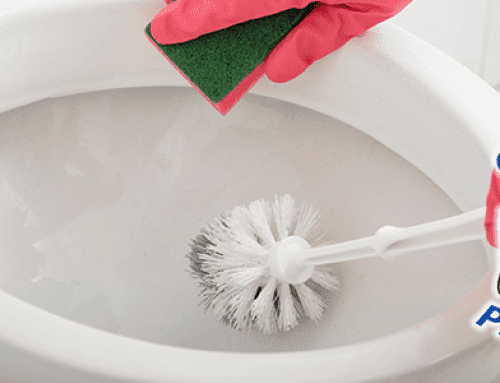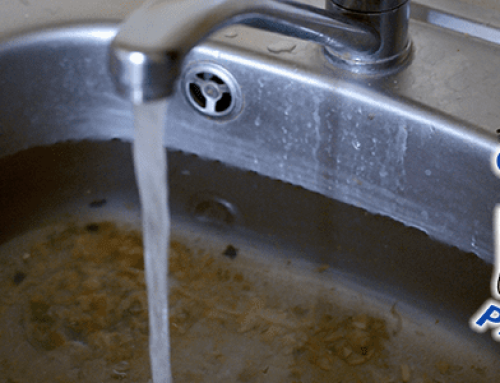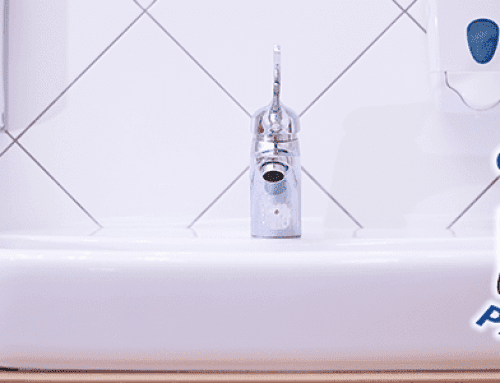While most noises in the home are easily soothed – Radio, televisions, repairs, kids, and pets – there are some noises that require a bit of extra work. One of those sources of sound is noisy water pipes. This type of noise may be cause for concern. However, it is not necessarily a reason to panic. Locating the source of the noisy pipes will be the first step in determining how to quiet them down.
Vibrations or Thrumming
This particular sound is often associated with excessive or high water pressure. Testing for high pressure at home can be done through the purchase of a threaded pressure gauge. Homeowners screw the gauge directly onto a valve or even a faucet. If your water pressure exceeds 80 psi then it’s time to make some adjustments. The best fix for this is to have a professional install a pressure regulator. A regulator guarantees that your water pressure does not cause additional damage to the home.
The Water Hammer
This is perhaps the most common noise heard when it comes to noisy water pipes. This is a banging or hammering sound that often occurs after water is shut off. Sounds like this occur when your pipes are under a high amount of pressure. Which is not the same as high water pressure. Pipe pressure is relieved while a faucet is turned on and water is running. The sudden changes in flow i.e the faucet being turned off cause the water to jounce around looking for a place to go.
The resulting sound is either the water banging into your shut off valve, or rattling some pipes within the walls. This is an easy fix to reset your home’s pressure valves, simply shut off your water supply and open all faucets within the house to empty the pipes. Once done, turn the water back on and the hammering noise should cease.
If you continue to hear the banging or hammering noise, then it’s time to check that all the pipes are securely in place. With water rushing through multiple times per day, it isn’t precisely uncommon for some pipes to loosen up and begin swaying with the force of the traveling water. Especially under high pressure, this can cause your pipes to jar loose.
To resolve the issue of loose pipes, first find their location. This can easily be done by having another person flush a toilet while you review the pipes. Through this method, you will be able to look and listen for the source of the noise and ensure the pipes are properly stabilized.
Of course, if you continue hearing the noise after that then it is time to call the professionals.
Noise From Toilets
After flushing do you happen to hear any type of rattling, banging, or even whistling as the toilet completes its fill-up cycle? The most common cause is a worn out ballcock assembly valve. This part of the toilet controls the filling process and when it’s worn out, it can cause some noise. Resolve this issue by either repairing or replacing the ballcock assembly. Alternatively, if your toilet is whistling consistently then this could be caused by the vertical overflow tubes; which is often resolved by bending the float arm down a bit so the ballcock turns off more quickly.
Other Whistling
Sometimes homeowners have whistling which focuses on particular valves or faucets. If this is an issue for you, you may just be dealing with a worn washer. On the other hand, it might be a clocked up aerator. Both of these problems happen inside the faucet. The best course of action for these is to shut off the water and replace/clean these parts.
If you find whistling isn’t specific to a particular area or faucet but seems present in your entire plumbing system then you could have a worn valve in your main water supply, a worn-out pressure regulator, or even too much mineral buildup in your pipes. For these particular issues, it is always recommended to call an expert to assess the situation and discuss the recommended fixes.
Squeaks, Rubbing And Dripping
These other noises can be caused by a lack of insulation. With metal plumbing, the pipes will expand with hot water which may cause them to rub against the nearest structure of the home which can sound like rubbing or even squeaking. Unfortunately, many pipes tend to be drywalled into the walls, so if you don’t want to tear down drywall to fix this issue then consider lowering the hot water temperature on your heater. Just the smallest adjustment can make the biggest difference.
Dripping or even ticking noises are often cause for concern as these can indicate a leak or drainage issue. There is the possibility of minor issues causing these noises. To do some at home troubleshooting to rule out a pressure concern or thermal expansion try resetting your air chambers as described above. If the sound continues, fill the bathroom sink with water as hot as it will go, and then flush the toilet.
The purpose of this is to flush your drainage pipes with cold water before then draining your sink of very hot water down the same path. If you hear the noise again, then you’re most likely dealing with thermal expansion which luckily is not a huge cause for concern. If you don’t hear any of the concerning noises then it’s time to call a professional.
Get Professional Help
Dealing with noisy pipes or any plumbing issue can be frustrating at best. Don’t hesitate to call us for a consultation, inspection, or any repair job that is big or small. Our experienced team will help you with all of your plumbing needs.




